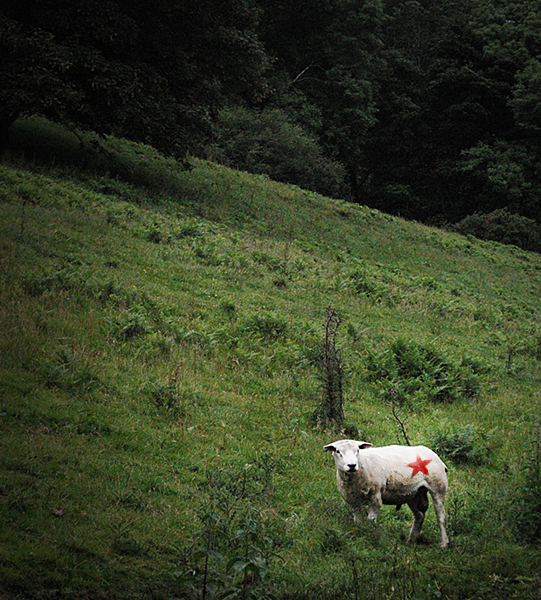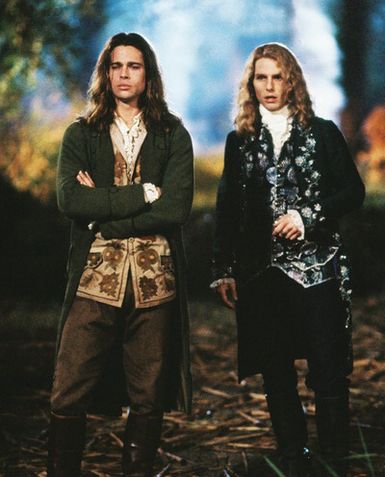
Tolkien and I have a slightly rocky history. I first read The Hobbit when I was around nine years old, and as I recall I enjoyed it. So then I thought, 'I'll try reading The Lord of the Rings now!' This did not turn out to be my best plan. On my first attempted read through I believe I got to Frodo, Sam, Merry, and Pippin escaping the Nazgûl by ferrying across a river in the Shire. There was just something about the writing style that I could not get past. So I put the book down (I was reading the compendium of all three novels) and I just settled for watching the movies when they came out.
In high school I gave Lord of the Rings another shot and managed to make it up to the fight with the Balrog in Moria, but I simply could not hurdle the density to Tolkien's writing style. I am hugely impressed by his world-building skills, they are almost unparalleled, but he writes as though he's writing a travel-guide that happens to have a plot that goes with it, which is just not a writing style that I can really enjoy, so I think I'll just enjoy the films and leave it at that.
With that in mind I am still constantly amazed by the depth of his creation. There are so many levels to the lore and society of Middle Earth that it's almost impossible to believe that one man create all of it. He invented not one but several languages and cultures, taking fantasy races that were already known and manipulating them in his own fashion as well as creating races of creatures that were entirely his own. The great appeal of Tolkien is that attention to detail, he can spend several pages explaining the appearance of a door for Heaven's sake, but that same amazing quality of his thinking is the reason I cannot read his works. The Hobbit is a novel I can read and enjoy exactly because it doesn't have that same level of detail. It's considerably more plot driven as a story, not really taking as much time to explain cultural histories and the like, although in The Lord of the Ring's defense the Hobbit doesn't cover nearly as much ground in Middle Earth, nor do the characters encounter near as many different cultures.
So I guess my thinking is this, Tolkien is a visionary world builder, but his writing style is just not my cup of tea.


